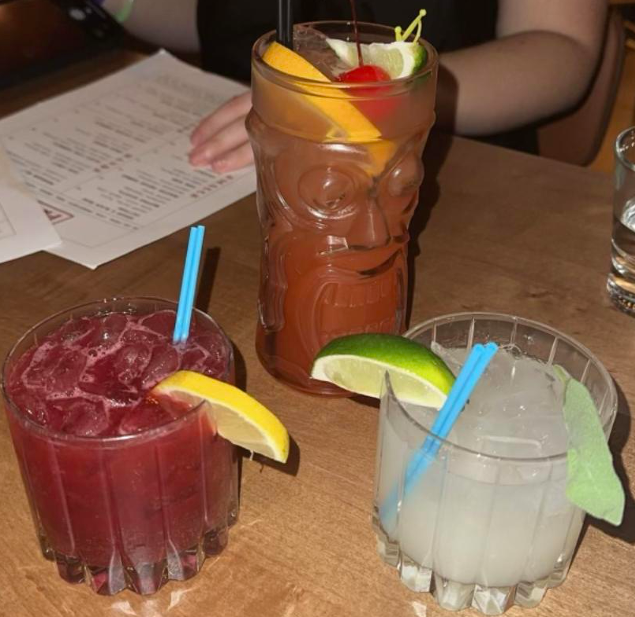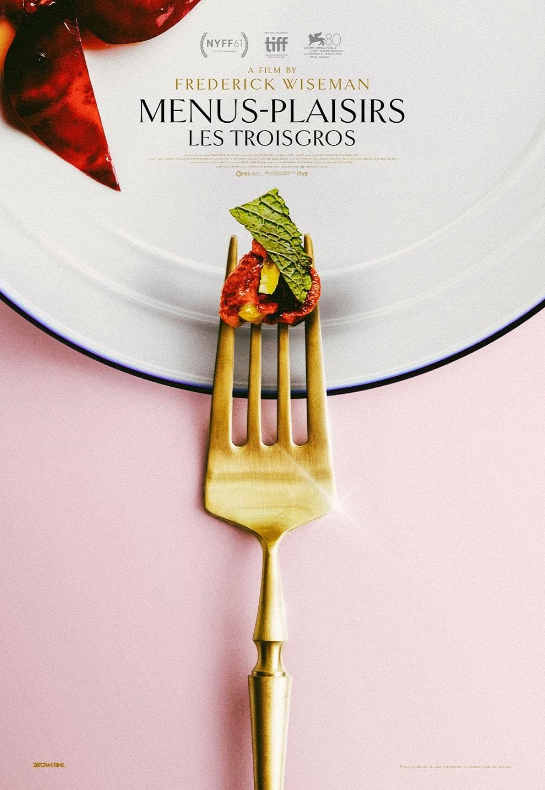
Since signing onto the Real Food Challenge commitment in 2013, UMass Dining has expanded its sourcing of locally grown and raised products. The Real Food Challenge commitment requires the University to purchase 20 percent “real food” by 2020. Real food, defined by the Real Food Challenge on its website, is “food which truly nourishes producers, consumers, communities and the earth.”
Two of the newest University of Massachusetts farm partners with the potential to meet the Real Food qualifications are King Creek Queen’s Greens out of Amherst and Walden Local Meat Co. out of Burlington. Both businesses pride themselves on their relationship with their local communities and see partnering with UMass Dining as an asset to their greater missions.
Queen’s Greens is a small 30-acre farm that was founded during the winter of 2010 as a winter greens producer and has since expanded its growing season to be year-round. Co-founder Danya Teitelbaum shared that the farm’s mission is to grow high quality organic produce and create direct relationships with customers and local businesses. UMass is practically next door to Queen’s Greens, so partnering with the University aligned perfectly with their vision and offered the largest possible customer base in the area.
Queen’s Greens is currently providing UMass with salad greens for which the University has a standing order. Queen’s Greens also provides produce to two other colleges in the area, Hampshire College and Smith College.
Teitelbaum also noted that engaging with the community and really getting to know their customers is one of Queens Greens’ greatest priorities. By working with local establishments, farmer’s markets, restaurants, universities, etc., they are able to stimulate the local economy and nourish their neighbors.
Walden Local Meat Co. is a network of about 75 small to medium sized farms across New England that has been running for two and half years. Founder Charley Cummings said that the inspiration for the company came as a realization that there were a lot of farms in New England raising meat sustainably but many of them were struggling with distribution, sales and marketing. That is where Walden Local Meat Co. stepped in to create a transparent and sustainable meat market in the New England region.
Cummings said that Walden Local Meat Co.’s overall mission is “reinvigorating the local agricultural economy and to support healthier animals, soils and communities.” Partnering with UMass, the first and only university to source Walden Local Meat Co.’s products, allowed the company to engage with a younger demographic. Cummings said that he felt young people were mainly responsible for putting the pressure on larger institutions like UMass to source more local and sustainable food, and that student demand was one of the main reasons UMass shifted to Walden Local Meat Co.’s products.
Walden Local Meat Co. is currently providing UMass with ground beef, sausages and hot dogs served at sporting events. All of the beef provided to UMass is grass-fed, organic, antibiotic and hormone free and humanely treated.
Meeting all of these qualifications can be difficult for farmers as it is much cheaper to raise animals in confinement and on routine antibiotics. But Walden Local Meat Co.’s mission isn’t about cutting corners or placing profits over the well-being of their animals and farmers. The meat produced and sold by their partner farms does generate a higher cost, but it is also higher quality meat and better for all parties involved.
Walden Meat Co. is not trying to compete with large-scale grocers. Instead, they hope to encourage their customers not to eat less meat, but to have the meat they do eat be more ecologically and ethically sound. Walden Local Meat Co. hopes to set themselves apart by recognizing where each of their products come from on the label and building a community around the food they’re producing.
UMass is moving toward a more local and sustainable food system. Partnerships with businesses like Queen’s Greens and Walden Local Meat Co. clearly illustrate this. However, students must continue to push for more real food on their campus and encourage the University’s continued commitment to food that truly nourishes.
Krystal Kilhart can be reached at [email protected].


















